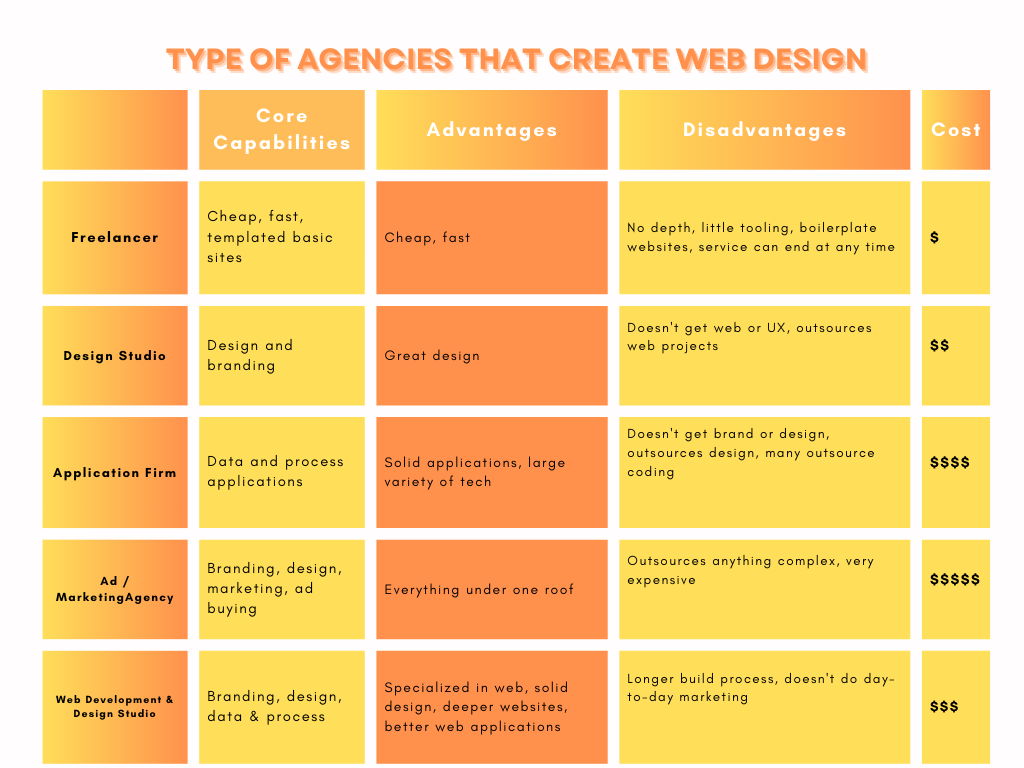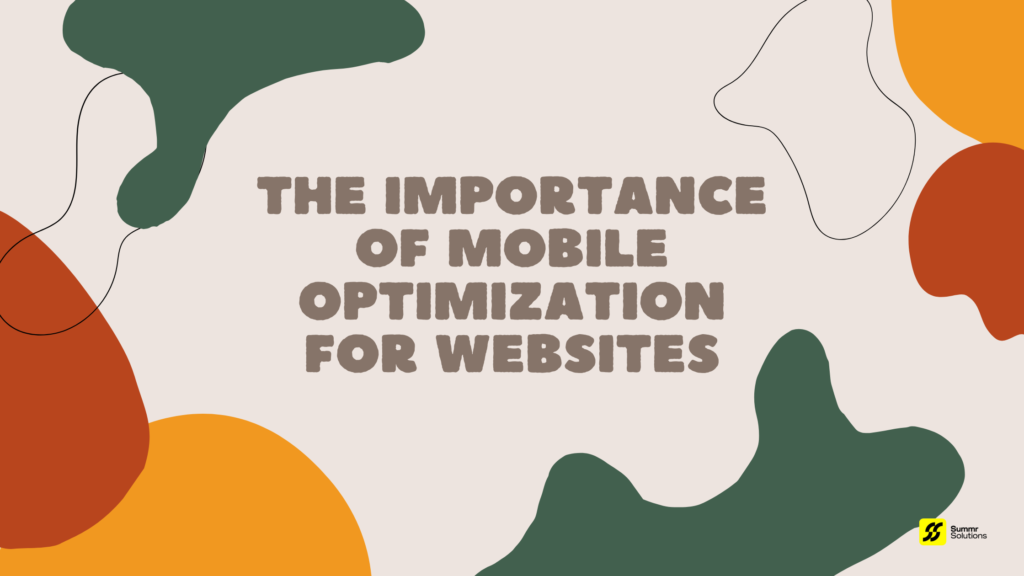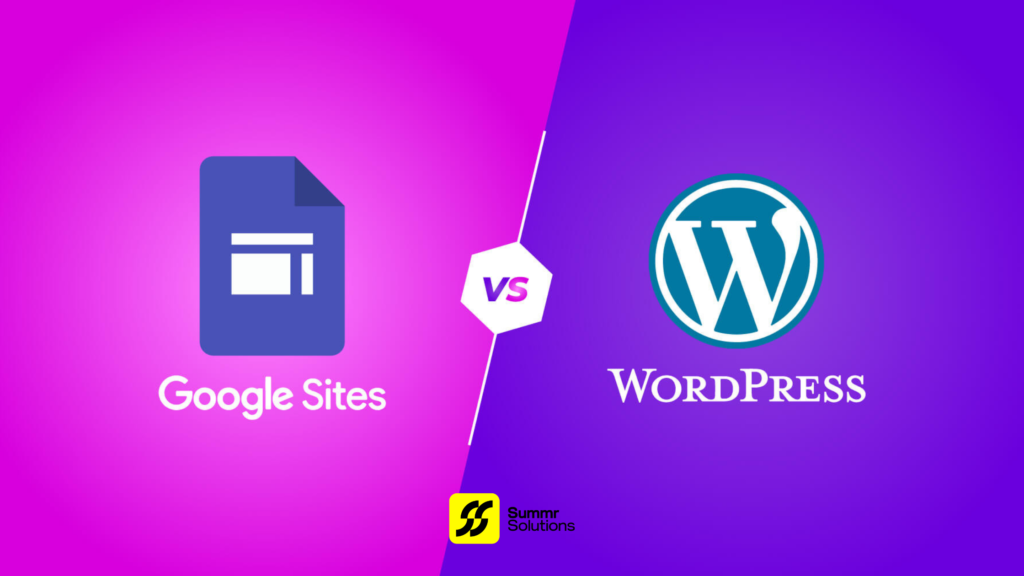What is Conscious Marketing?
Conscious marketing is an approach that prioritizes ethical considerations and social responsibility in marketing practices. It focuses on building authentic relationships with customers by aligning business values with consumer values, promoting sustainability, and fostering positive social impact. Unlike traditional marketing, which often emphasizes profit maximization at any cost, conscious marketing seeks to create meaningful connections between brands and their audiences while benefiting society and the environment.
Key Principles of Conscious Marketing:
- Purpose-Driven: Brands engaging in conscious marketing define a clear purpose beyond profit. They aim to make a positive impact on society, the environment, or specific communities.
- Transparency: Open communication about products, services, and business practices fosters trust. Brands should be transparent about sourcing, production processes, and their social or environmental initiatives.
- Consumer-Centric: Understanding consumer needs and values is vital. Conscious marketing emphasizes listening to customers and incorporating their feedback into products and campaigns.
- Sustainability: Eco-friendly practices and sustainable product offerings are fundamental. Brands are encouraged to minimize their environmental footprint and promote sustainable lifestyles.
- Authenticity: Genuine storytelling and honest representation of the brand’s values and mission resonate with consumers. Authenticity builds loyalty and trust.
How Conscious Marketing Transforms Brands:
-
Building Trust and Loyalty:
- Enhanced Customer Relationships: By aligning with consumers’ values, brands foster deeper connections, leading to increased loyalty and long-term relationships.
- Positive Brand Reputation: Transparency and ethical practices enhance a brand’s reputation, making it more appealing to socially conscious consumers.
-
Increased Engagement:
- Emotional Connection: Conscious marketing often utilizes storytelling that resonates emotionally, driving higher engagement across marketing channels.
- Community Involvement: Brands that participate in community initiatives or social causes create a sense of belonging among consumers, further enhancing engagement.
-
Competitive Advantage:
- Differentiation: In a crowded marketplace, a strong commitment to it sets a brand apart, attracting consumers seeking meaningful connections.
- Attracting Talent: Organizations focused on social responsibility tend to attract employees who share similar values, leading to a more motivated and committed workforce.
-
Positive Social Impact:
- Contribution to Social Causes: Brands involved in conscious marketing often support various social initiatives, from environmental conservation to community development, thus contributing to positive societal change.
- Promoting Sustainable Practices: By prioritizing sustainability, brands can lead by example, encouraging consumers to adopt more responsible behaviors.
-
Long-term Financial Success:
- Sustainable Growth: Companies that invest in conscious marketing often experience sustainable growth as consumers increasingly favor brands with strong ethical foundations.
- Resilience: Brands committed to social responsibility may be better positioned to navigate crises, as their loyal customer base tends to support them during challenging times.
Examples of Conscious Marketing
- Patagonia:
Patagonia is known for its commitment to environmental sustainability. The brand encourages consumers to buy less by promoting its “Worn Wear” program, which repairs and recycles old gear. Their campaigns often highlight environmental activism and transparency in their supply chain. - TOMS Shoes:
TOMS started with a “One for One” model, donating a pair of shoes for every pair sold. Their marketing emphasizes social responsibility and community impact, fostering a deep emotional connection with consumers who value giving back. - Ben & Jerry’s:
This ice cream brand is vocal about social justice issues and climate change. Ben & Jerry’s uses its platform to advocate for progressive causes, integrating these values into its marketing and product offerings. - Warby Parker:
Warby Parker offers affordable eyewear while donating a pair of glasses for every pair sold. Their marketing emphasizes accessibility and social impact, appealing to consumers who value socially responsible companies. - The Body Shop:
Known for its commitment to cruelty-free and sustainable products, The Body Shop focuses on ethical sourcing and community trade, highlighting these values in its marketing to attract conscientious consumers.
Benefits of Conscious Marketing
- Authenticity and Trust:
Brands that practice conscious marketing build genuine relationships with consumers. Transparency about practices and values fosters trust, leading to stronger customer relationships. - Differentiation in the Marketplace:
In a saturated market, it helps brands stand out. A strong ethical commitment attracts consumers looking for brands that align with their values, creating a unique market position. - Positive Brand Image:
Brands known for their social responsibility and ethical practices cultivate a positive image. This reputation can lead to favorable media coverage and consumer recommendations. - Enhanced Customer Loyalty:
Consumers are more likely to remain loyal to brands that align with their values and demonstrate a commitment to social and environmental issues. This loyalty often translates into repeat purchases. - Adaptability to Consumer Trends:
Conscious marketing positions brands to quickly adapt to changing consumer preferences, especially as more consumers prioritize sustainability and social responsibility in their purchasing decisions. - Risk Mitigation:
Companies engaged in conscious marketing can mitigate risks related to public backlash or negative publicity. Ethical practices and transparency can help prevent scandals and maintain a positive reputation. - Innovation:
Conscious marketing encourages brands to innovate, developing new products and services that meet consumer needs while aligning with ethical and sustainable practices. - Long-Term Brand Resilience:
Brands committed to conscious marketing are often more resilient in times of crisis. Their loyal customer base and positive brand image can help them weather challenges effectively. - Employee Satisfaction and Productivity:
Companies with strong ethical foundations tend to attract employees who share those values. This alignment can lead to higher employee satisfaction, productivity, and retention rates. - Continuous Improvement:
Engaging in conscious marketing encourages brands to continuously evaluate and improve their practices. This commitment to growth benefits not only the brand but also the broader community. - Community Engagement:
Conscious marketing often involves active participation in community initiatives. Brands that engage with their local communities can strengthen ties, build goodwill, and create a more significant social impact.
In a Nutshell
Conscious marketing represents a paradigm shift in how brands connect with consumers, emphasizing ethical practices, sustainability, and social responsibility. The benefits of adopting this approach include stronger trust and loyalty, a positive brand image, innovation, and resilience. Brands that practice conscious marketing not only drive business success but also contribute positively to society and the environment.





































































































